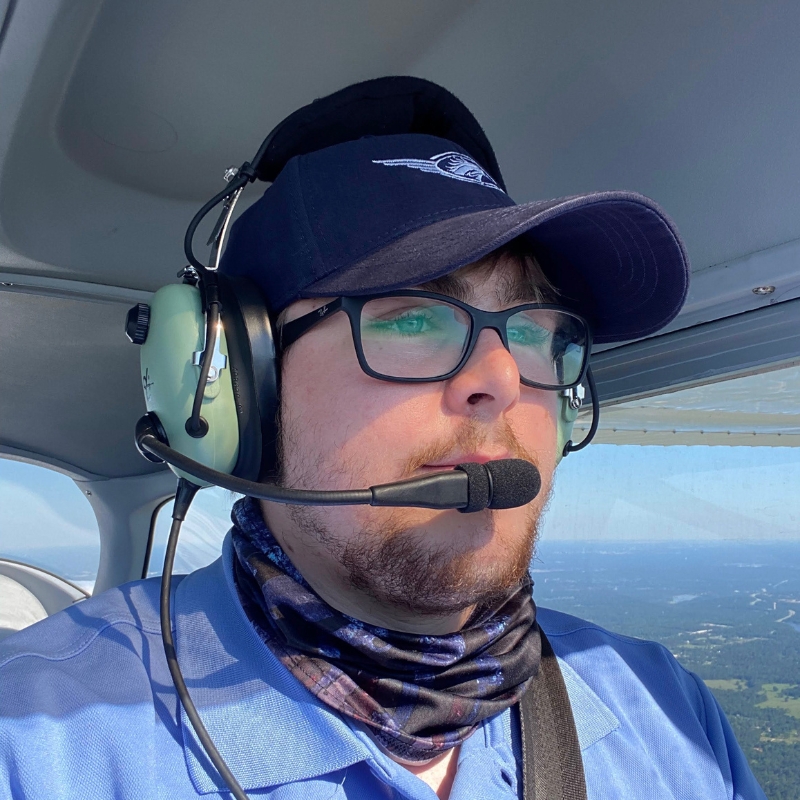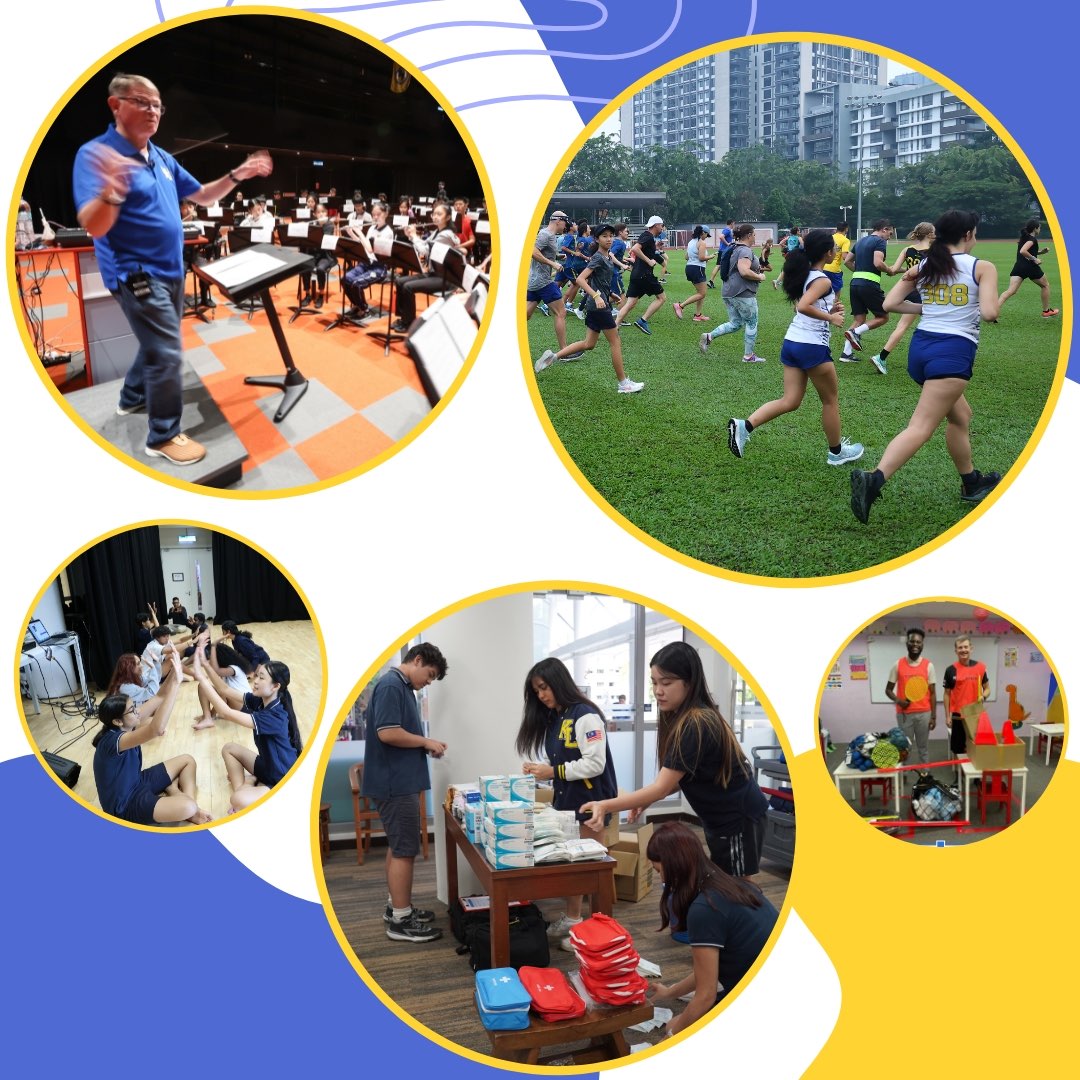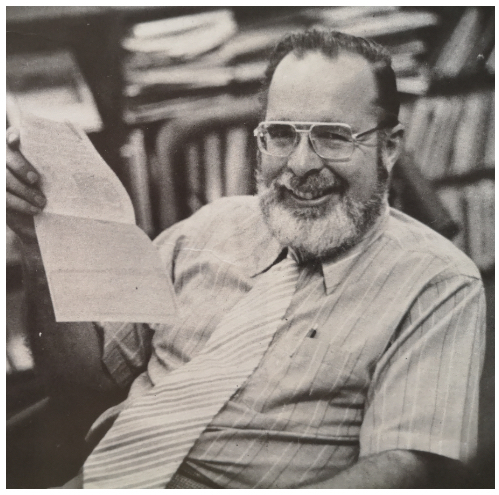Curtains Up!
“My students in KL were the best!” High praise indeed from a theatre professional who taught in international schools around the world for almost three decades!
Patricia (Patty) Sands was ISKL Theatre Manager and Performing Arts Coordinator, Stagecraft, HS Drama, and IB Theatre teacher at ISKL from 1998 to 2003. In that time, she directed The Apple Tree, Twelve Angry Jurors, Cosi, Grease, Little Shop of Horrors, and all the IASAS Dramas. She also directed the One Acts, Thespian Society, and Improv. Nights.
Kuala Lumpur was Patricia’s first taste of teaching in Southeast Asia, with husband Dr Eric Sands who was ISKL High School Principal at the time, son Nick Sands (K-G4) and daughter Andrea (G4-8). However, she went on to teach in Taipei and Singapore, while keeping the ISKL connections strong.
Now repatriated to the US, Patricia teaches voice online, and supervises student teachers in music and art at Western Carolina University. She shared her memories of theatre life at ISKL with ISKL Alumni’s Lynette MacDonald.
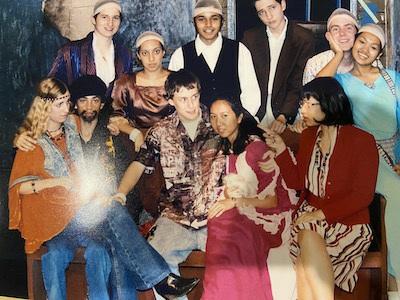
LM: You’ve hopped around all over the world – from the US to South America, Africa to South East Asia, Europe to the Middle East. Did you have a goal when you started out teaching internationally that you would try to experience such a range of regions?
PS: Our first posting was Tegucigalpa, Honduras. We had no plan to cover all those regions, it just ended up that way! We were lucky to live in SE Asia, Asia, Southern Africa, Eastern Europe, and the Middle East as well as Central America.
LM: It’s wonderful to know that you remember your ISKL students so fondly. Which people and moments stand out?
PS: ISKL was a very special place. I loved working in the theatre as we had a very busy performing arts program. I loved working in the IASAS Conference. I loved my students at ISKL, and can proudly say many are working in the arts and entertainment industry today.
We have two successful film composers that I know of (Varqa Buehrer and Patrick Jonsson), a director/producer working in
Mumbai (Angshuman Ghosh), a professional comic creator (Matt Smith), a creator in London of TV shows and new series (Edward Moline), a technical theatre major who specialized in planning events in several countries (Jenni Glover), and a successful film-maker turned Graphic Designer in London (Lucia Lopez).
Francesca Cricelli is a successfully published academic and poet whom I believe now lives in Finland. Margarita Bautista was a great IASAS dancer. She is now an ISKL teacher, married to Shaquille Bashir…I could go on and on.

Another great connection was seeing the band members of Kyoto Protocol over in Singapore in 2020 before I moved to USA. It was a blast to see Gael Oliveres and Shaquille Bashir who are founding members of that band. They were both performers in our music department during the years that I was there. They have “day jobs” that are not in music, but their “other job” is performing with Kyoto Protocol! It was so fun to see them perform live onstage at the outdoor Esplanade stage in Singapore.
We had a very active program in theatre, music and dance, and have had so many students pursue these avenues. I even made contact with Zalfian Fuzi recently when I was in Singapore (20162020). He is now with Instant Cafe Theatre in KL, and I even worked with his cousin on a Singapore Repertory Theatre Production in March 2020 where I was an accent coach. I also ran into many people in Singapore (where I was recently active in performance) who knew Noren Sahari!
We have so many who are giving back to the arts and the connections going back to ISKL run deep.
LM: You were ISKL’s Theatre Manager. What did the role entail? Do you have any favorite productions from ISKL? Why?
PS: In those days the Theatre Manager was in charge of the theatre facility, the theatre capital budget, several other theatre budgets, the ordering, upgrades, and maintenance of theatre equipment, supervising theatre and Fine Arts Office personnel, and being there for all of the theatre events.
Additionally, at that time, Performing Arts Coordinator was connected to that job, so I worked closely with the Activities and Athletics Office (Fred Miller, John Smith, and Erik Richardson) on a daily basis. I really liked that we were aligned together, and had great cooperation that I didn’t always see in other international schools. In fact, ISKL was the model I used wherever I went after that, in terms of programming and events.

One weekend we hosted an Improv. Tournament, and there was a Rugby invitational going on the same weekend. We ended up having Rugby players and some Rugby coaches from other IASAS schools enter teams into the Improv. Night. THAT was a first! The cooperation was excellent between athletics and the arts in those days.
In terms of a favorite production, no, I did not have a favorite. Each one was a big effort and tons of fun. There was a great deal of parent support in helping us get things done. Mr. Ghosh spearheaded construction of “the plant” for Little Shop and built it out of rattan as a base which was a very inventive SE Asian solution!
LM: Students at International Schools rely very much on the opportunities afforded them at school for developing their passions (different from students who grow up in their birth country and may have access to, for example, amateur theatre or community choirs). How did you see your role in developing skills and talents in your students, and encourage them to choose performance as a career if that’s where their heart led them? Did you see any great talents decide to follow a “safer” career option?
PSI didn’t think too much at the time about my role in developing talents and skills in my students because I was too busy just doing it! We went from show to show, event to event. I loved teaching IB Theatre. We fundraised and took several IB TAPS (Theatre Arts program symposium) trips to Hong Kong, and Yokohama, and I went on one workshop to Bali without students. We had such excellent opportunities and just dove in and did them!
Parents were supportive of career choices for the students at that time. One particular student was encouraged to study a profession outside of the arts, and he did earn a non-arts degree. However, he is now working in the arts! So if it is meant to be, it will happen!
It is so great to keep in touch with these former students whom I have seen many times in USA, London, and the Middle East as well. Our paths cross from time to time, and now it has been more than 20 years since I was their teacher.

LM: You have a Masters in Choral Music Education, Masters in Theatre Production and a Vocology Certificate. As an educator, what does it take to get the most out of a student, be they a singer or actor? Is “raw” talent ever enough?
PS: No, “raw talent” is definitely never enough. They have to have an excellent work ethic, positive disposition, supportive teachers and family, and community of supporters once they reach University/Conservatory/Film School (etc.) for their training. The creative side must stand side-by-side with the work ethic. Persistence to keep going forward and promoting themselves (which is often the case) is required.
LM: I notice you have done Transgender Voice Training as well. Is that a special interest? What are the challenges for a transgender performer that a teacher must help with?
PS: If you teach voice in this era, you must be prepared to help all kinds of singers. We work on the same elements with trans singers as we do with non-trans singers including voice classification, repertoire, range, quality, affect, breath management, production, etc…but those can be impacted in a different way with trans singers for various reasons.
LM: Do you have any memorable moments in the Robert B. Gaw Theatre you would like to share? Any notable triumphs, or perhaps disasters averted?
PS: Yes of course! Notable moments, singing “Always Look on the Bright Side of Life” with the red bouncing ball on the screen, with about 300 people in the audience who were standing and singing too, for the year of Improv. Night that we had Monty Python as our theme. That was a stand-out memory.
Another was the year we did The Miser by Moliere, and traveled to Taipei. We were on the TAS stage and Angshuman’s cane broke right during the show. The TAS crew quickly got us another one out of their prop room. (Who knew that TAS would be my next posting, and I ended up spending many hours on that stage with Doug Bishop by my side from 2003-2007. Doug was Theatre Manager at ISKL before I was. We became great colleagues. His memory lives on forever in the ISKL and TAS theatres, as he was tragically killed in Taipei when crossing the street after rehearsal one day.
I also have a photo of visiting KL during those same years for an ISTA, with Doug, myself, and Mark Webber all in one photo. We were three successive KL Theatre directors in one place at one time. That was a memorable moment.
Other great memories were IASAS trips, and our 24 Hour Theatre Event. Those were exhausting but fun weekends with pancakes from Connies, and a great learning opportunity for the students, to create theatre within 24 hours and then have the audience arrive on Saturday evening to see the finished product. We slept in the equipment room, the classroom, the tech booth, and the green room. Nothing like living in your theatre 24/7! We did it.

The Faculty Review was a big event that I spearheaded towards the end of my time at ISKL. Karen Palko handled several faculty dance acts for that one, and we had all kinds of faculty performers. I sang in a quartet with Erik Richardson, Pam Piper, and Jeff Taylor.
We practiced at about 7am before school. I also sang a duet with Gloria Wallace, accompanied by Matthew Kam on piano. Matt became a successful concert pianist in the UK and Australia. The Faculty Review was held in order to raise funds to purchase a new grand piano for the theatre.
There was some kind of a squirrel living up in the prop loft which was over the backstage set area. Vincent and Saha had to set traps to catch the squirrel who was chewing up our props!
Disasters were many (but nothing we couldn’t overcome, as problem-solving is life in the theatre) but the biggest one when I arrived at the Ampang campus was the leaking theatre roof. I have
photos of Andy Rah (whom I have seen a few times since then!) playing his drum set down in front of stageright for The Apple Tree, with an umbrella over his head. The water came in…we had buckets everywhere, and the stage curtains rotted and were torn. Once we got the roof fixed, we ordered new curtains!
LM: Tell us about the team you worked with…other teachers and technicians at ISKL. How close were you, and what’s the recipe for a successful theatre team? Do any people stand out?
PS: We had a great team. The arts team had several members: art teachers John S and Ginny B, Cheryl Lambie, Kylie
Harter…in Music we had Jeff Taylor, Pam Piper, and Joe Granzow although I think he arrived after I left. We had Lay-Kar Koh, and Corey Loo, as well as Letch the Art Assistant. We couldn’t have run the theatre without Vincent Periasamy! It was only after I left that more theatre personnel were added.
In drama we had Doug Bishop before me, and Mark Webber after, and then Tim Howe! We all stayed in touch with each other.
At the middle school level we had Gloria Wallace, followed by Leann Fulcher who now works at SAS. While I lived in Singapore I saw Leann a few times.
Of course, our shows were never complete without our choreographer, Karen Palko! Those were the days. Our middle school music team was of course Lou Davey and Jan Elgar. Sadly, Lou has recently passed on. Our costumers were Nancy Hemmings whom I still keep in touch with via Facebook, and Donna Lyon (last time I visited the new campus she was still there!) There would be no productions without the entire team of people spearheading each component.
LM: You also perform yourself. What are your favorite roles? How did being an expat impact your own ability to pursue performance?
PS: I didn’t perform in KL as I was a mother of two, a wife, and a theatre person at ISKL. Once I arrived in Taipei I began to sing again, and pursued it quite vigorously. Being an expat in Taipei and singing was a blessing. I put on concerts and recitals in many venues and was supported by a community of arts enthusiasts. That carried on to Belgrade.
Doha did not have venues for recitals, so I performed three recitals at ASD (American School of Doha) with my colleagues from the choral department. My pianist in Doha was Irish, and we both proceeded to move on to Singapore at the same time!

Singapore was an amazing opportunity to then audition for opera companies, and ultimately be cast in two Singapore Lyric Opera productions, and numerous New Opera Singapore productions. Singing Madame de Croissy on the stage at the Victoria Theatre is something I will always cherish. It was remarkable to be able to sing professionally after all those years of teaching and directing around the world.
LM: You and Eric spent 28 years living and working away from the US; how has your expat life shaped the people you are? What are the challenges and pleasures of repatriation? What advice would you give other parents of TCKs from your vantage point today?
PS: Yes since 1987-88. Then we returned to USA from 88-92. From 1992-2020 we were overseas continuously, so that is 28 years successively. Repatriation isn’t that bad if you are ready to come back, see your adult kids, be closer to your siblings, and be present for family gatherings like Thanksgiving and Christmas. You have to find a good community where you feel “at home” even if you haven’t been “at home” for most of your adult life.
My adult children are absolutely grateful for their lives overseas and wouldn’t trade the way they grew up for anything! We all miss travel at the moment, but that is due to COVID. We are who we are today because of our overseas life. We have very good friendships with many from our KL days and still keep in touch with them. In fact, we’ve had recent Zooms with them since we returned to the USA.




